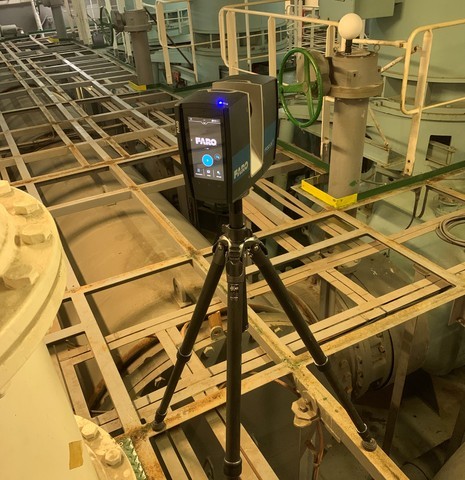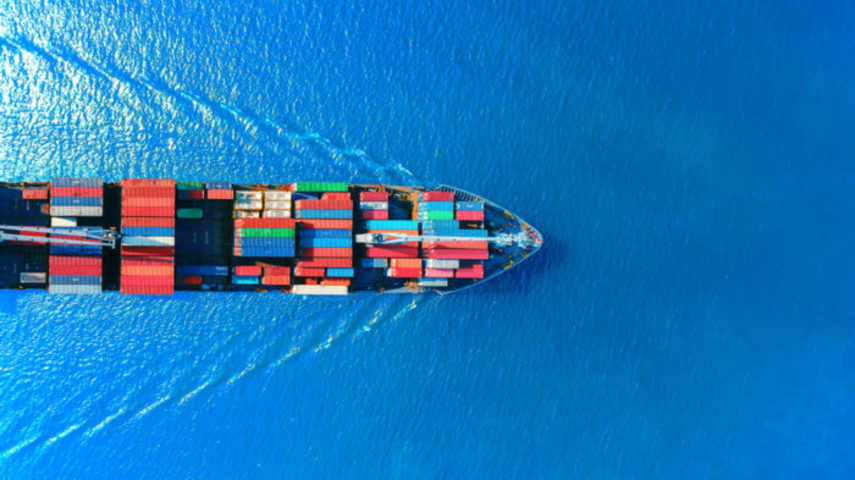A number of MOUs on port state control (PSC) carried out a joint concentrated inspection campaign (CIC) in 2019 focusing on readiness of ship and crew in an emergency. Gard’s alert of 29 July 2019 provides background information on the campaign as well as a copy of the tailored questionnaire used by attending PSC officers. Operators and masters are advised to take note of the below PSC CIC results and make sure their ships’ muster lists are up to date and meet the requirements of SOLAS Reg.III/8 and Reg.III/37 by providing sufficiently detailed instructions for crews to respond effectively in a real emergency. On ships with significant numbers of non-English speaking crew members, the muster list should also include translations into the appropriate language or languages. Furthermore, masters should bear in mind that there is no substitute for onboard training and drills - everybody onboard must be familiar with the procedures to be followed, their duties and equipment to be used in an emergency. More information: Gard







